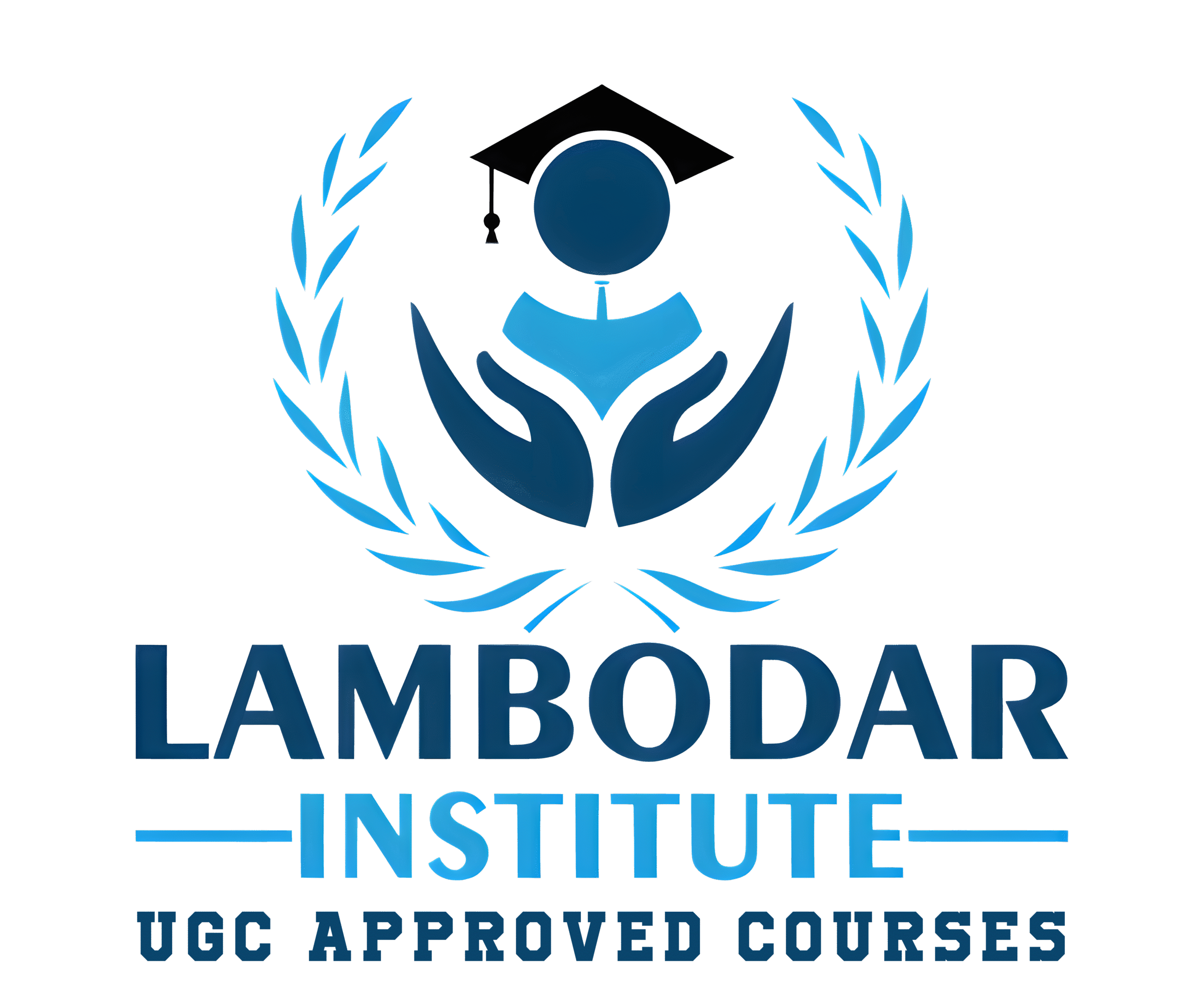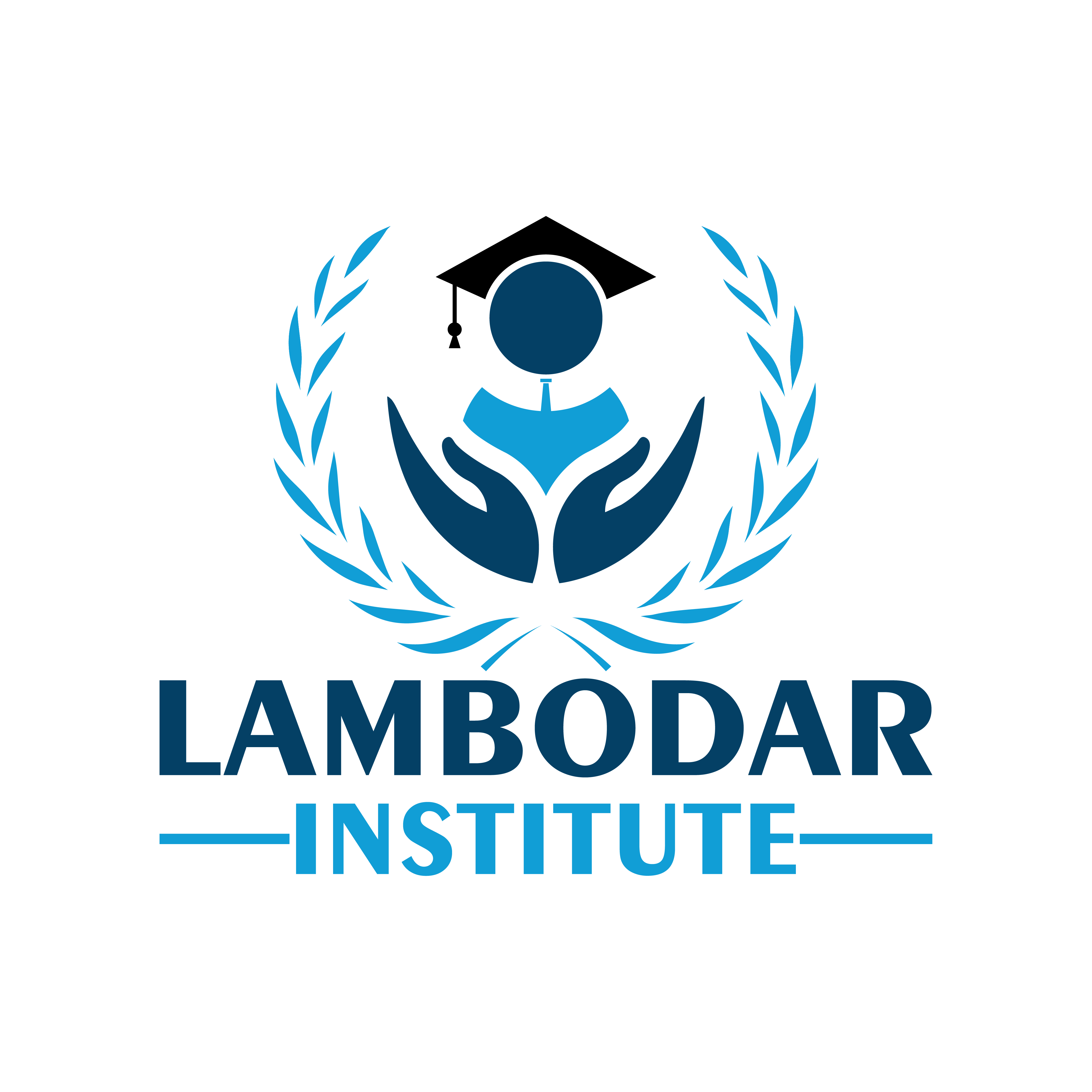B.Voc in Medical Laboratory Technology – Three-Year Bachelor’s Program
The Bachelor of Vocation (B.Voc) in Medical Laboratory Technology (MLT) is a three-year skill-based undergraduate program that prepares students to become qualified medical lab technologists. These professionals play a vital role in the healthcare system by performing laboratory investigations that aid in the diagnosis, treatment, and prevention of diseases.
Program Overview
Medical laboratory technologists are trained to collect, process, and analyze clinical specimens such as blood, urine, and tissue samples using sophisticated laboratory equipment and techniques. Their work is crucial in generating accurate data that supports medical decisions.
The B.Voc MLT program offers a balanced blend of theoretical knowledge and practical training, with a curriculum that is aligned to the National Skills Qualification Framework (NSQF) and designed to meet current industry standards.
Curriculum Highlights
The curriculum equips students with core competencies in laboratory procedures and diagnostics. Key subjects include:
Human Anatomy and Physiology
Biochemistry and Clinical Pathology
Hematology and Blood Banking
Microbiology and Parasitology
Immunology and Serology
Histopathology and Cytology
Medical Ethics and Laboratory Safety
Quality Assurance and Laboratory Management
Infection Control and Biomedical Waste Disposal
Hands-on Training with Lab Equipment and Techniques
Students gain clinical exposure through laboratory internships in hospitals and diagnostic centers to strengthen their practical skills.
Program Structure & Exit Options
The B.Voc program offers multiple exit points, allowing students to earn certifications at various stages:
After 1 year – Diploma in Medical Laboratory Technology
After 2 years – Advanced Diploma in Medical Laboratory Technology
After 3 years – B.Voc Degree in Medical Laboratory Technology
This flexible format ensures students are employment-ready even if they do not complete the full three-year program.
Career Opportunities
Graduates can pursue rewarding careers in:
Hospital and private diagnostic laboratories
Pathology and research labs
Blood banks and transfusion services
Public health and epidemiology departments
Pharmaceutical and biotech companies
Laboratory equipment and diagnostic companies
There are also opportunities for further study in specialized fields such as clinical microbiology, pathology, or healthcare management.
Medical Lab Technology Syllabus
BVMLT-101 | BASICS OF HUMAN ANATOMY & PHYSIOLOGY-I | 4 | Theory |
BVMLT-102 | BASIC CONCEPTS OF LAB TECHNOLOGY-I | 4 | Theory |
BVMLT-103 | FUNDAMENTALS OF MICROBIOLOGY | 4 | Theory |
BVMLT-104 | PHLEBOTOMY & BIO MEDICAL WASTE MANAGEMENT | 3 | Theory |
BVMLT-105 | FUNDAMENTAL OF COMPUTERS | 3 | Theory |
BVMLT-106 | GENERAL ENGLISH & SOFT SKILLS | 2 | Theory |
BVMLTP-101 | BASICS OF HUMAN ANATOMY & PHYSIOLOGY-I LAB | 2 | Practical |
BVMLTP-102 | BASIC CONCEPTS OF LAB TECHNOLOGY-I LAB | 2 | Practical |
BVMLTP-103 | FUNDAMENTALS OF MICROBIOLOGY LAB | 2 | Practical |
BVMLTP-104 | PHLEBOTOMY & BIO MEDICAL WASTE MANAGEMENT LAB | 2 | Practical |
Semster-2
BVMLT-201 | HUMAN ANATOMY & PHYSIOLOGY-II | 4 | Theory |
BVMLT-202 | CLINICAL PATHOLOGY | 3 | Theory |
BVMLT-203 | INTRODUCTION TO HAEMATOLOGY | 3 | Theory |
BVMLT-204 | INTRODUCTION TO BIO CHEMISTRY | 4 | Theory |
BVMLT-205 | ADVANCE PHLEBOTOMY & LAB ETHICS | 3 | Theory |
BVMLT-206 | BASICS OF HEALTH MARKET & ECONOMY | 3 | Theory |
BVMLTP-201 | HUMAN ANATOMY & PHYSIOLOGY-II LAB | 2 | Practical |
BVMLTP-202 | CLINICAL PATHOLOGY LAB | 2 | Practical |
BVMLTP-203 | INTRODUCTION TO HAEMATOLOGY LAB | 2 | Practical |
BVMLTP-204 | INTRODUCTION TO BIO CHEMISTRY LAB | 2 | Practical |
D.VOC (Diploma in Vocation) Courses
Courses Available (With Duration and Fees):
| Course Name | Duration | Annual Fees | Total Fees |
|---|---|---|---|
| Medical Lab Technician (DMLT) | 2 Years | ₹40,000 | ₹80,000 |
| Operation Theatre Technician (OTT) | 2 Years | ₹40,000 | ₹80,000 |
| Radiology Technology | 2 Years | ₹40,000 | ₹80,000 |
| Dialysis Technician | 2 Years | ₹40,000 | ₹80,000 |
| General Duty Assistant (GDA) | 1 Year | ₹40,000 | ₹40,000 |
B.VOC (Bachelor of Vocation) Courses
| Course Name | Duration | Annual Fees | Total Fees |
|---|---|---|---|
| Medical Lab Technology (MLT) | 3 Years | ₹50,000 | ₹1,50,000 |
| Radiology & Imaging Technology | 3 Years | ₹50,000 | ₹1,50,000 |
| Operation Theatre Technology | 3 Years | ₹50,000 | ₹1,50,000 |
| Dialysis Technology | 3 Years | ₹50,000 | ₹1,50,000 |
| Nutrition & Dietetics | 3 Years | ₹30,000 | ₹1,00,000 |
| Optometry | 3 Years | ₹65,000 | ₹1,65,000 |
M.VOC (Master of Vocation) Courses
| Course Name | Duration | Annual Fees | Total Fees |
|---|---|---|---|
| Medical Lab Technician (MLT) | 2 Years | ₹45,000 | ₹90,000 |
| Radiology & Imaging Technology | 2 Years | ₹45,000 | ₹90,000 |
| Operation Theatre Technology | 2 Years | ₹45,000 | ₹90,000 |
| Dialysis Technology | 2 Years | ₹40,000 | ₹80,000 |
| Healthcare Management | 2 Years | ₹30,000 | ₹65,000 |
Additional Charges (If Applicable)
| Particulars | Charges |
|---|---|
| Registration Fee (One-time) | ₹1,000 – ₹3,000 |
| Examination Fee (Annual) | ₹1,500 – ₹3,000 |
| Uniform / Lab Coat | ₹1,000 – ₹2,000 |
| Study Materials & Books | ₹2,000 – ₹4,000 |
| Hospital Visits | ₹3,000 – ₹5,000 |




